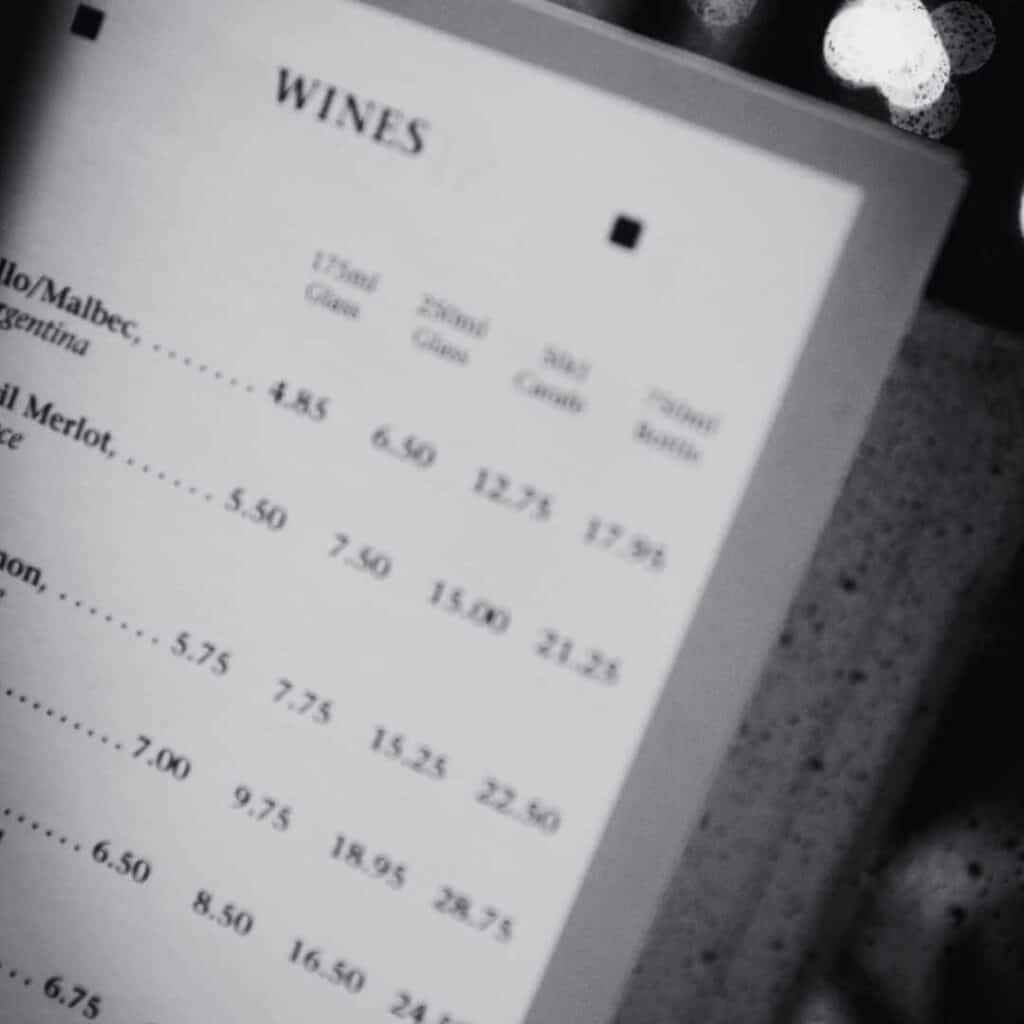In a world brimming with beverage choices, the power of words can be the decisive factor that entices a customer to choose one drink over another. The art of crafting compelling beverage descriptions goes far beyond simple adjectives; it is an opportunity to transport customers on a sensory journey, invoking their imagination and sparking their curiosity. In this article, we will explore the importance of well-crafted beverage descriptions in Canada, supported by data and sources specific to the Canadian market.
The Impact of Descriptive Language
Research conducted by the Wine Market Council reveals that descriptive language significantly influences consumer preferences and purchasing decisions when it comes to beverages. By painting a vivid picture of the flavors, aromas, and textures, well-crafted descriptions can tap into the emotions and aspirations of consumers. The Canadian market is no exception to this phenomenon, with an increasingly discerning and adventurous customer base.
Evoking Regional Pride
Canada is a country known for its diverse geography and rich cultural heritage. By incorporating regional references and highlighting locally sourced ingredients, beverage descriptions can instill a sense of pride and connection among Canadians. A study by Dalhousie University’s Agri-Food Analytics Lab emphasizes that consumers in Canada actively seek out products that celebrate their unique identity. By leveraging this trend, beverage descriptions can build a stronger bond between consumers and the beverages they enjoy
Catering to Health and Wellness Trends
As consumers become more health-conscious, the demand for beverages that align with their dietary preferences and lifestyle choices continues to grow. According to Mintel’s Global Food and Drink Trends, 60% of Canadian consumers want detailed information about the health benefits of the products they consume. Beverage descriptions can play a crucial role in highlighting ingredients that are organic, sustainably sourced, low in sugar, or offer specific health benefits. By providing this information, descriptions empower consumers to make informed choices that resonate with their wellness goals.
Capitalizing on Local Ingredients
Canada boasts a bountiful array of indigenous ingredients, ranging from berries and maple syrup to unique herbs and spices. Cocktail descriptions can showcase the use of these local ingredients, offering customers a taste of Canada’s culinary treasures. This approach not only aligns with the growing “locavore” movement but also supports local farmers and producers. By incorporating these ingredients into descriptions, beverage establishments can differentiate themselves in the competitive Canadian market.
The Rise of Online Platforms and Social Media
With the advent of online platforms and social media, the visual appeal of beverages and their descriptions has become paramount. According to a survey conducted by Leger Marketing, 81% of Canadian adults use social media regularly. Effective beverage descriptions, accompanied by captivating visuals, can drive engagement and encourage sharing on these platforms. When combined with a catchy hashtag or a compelling story, these descriptions can help generate buzz, increase brand exposure, and attract new customers.
In Canada’s vibrant beverage industry, the importance of well-crafted descriptions cannot be overstated. By leveraging the power of descriptive language, incorporating regional pride, catering to health and wellness trends, capitalizing on local ingredients, and embracing online platforms, beverage establishments can elevate their offerings and engage customers on a deeper level. In a world where choices abound, a carefully crafted description can be the spark that sets a beverage apart from the rest, leading to increased customer satisfaction, loyalty, and success in the Canadian market.
Sources:
- Wine Market Council – http://winemarketcouncil.com/
- Dalhousie University’s Agri-Food Analytics Lab – News 2021-03-29 https://www.dal.ca/faculty/agriculture.html



